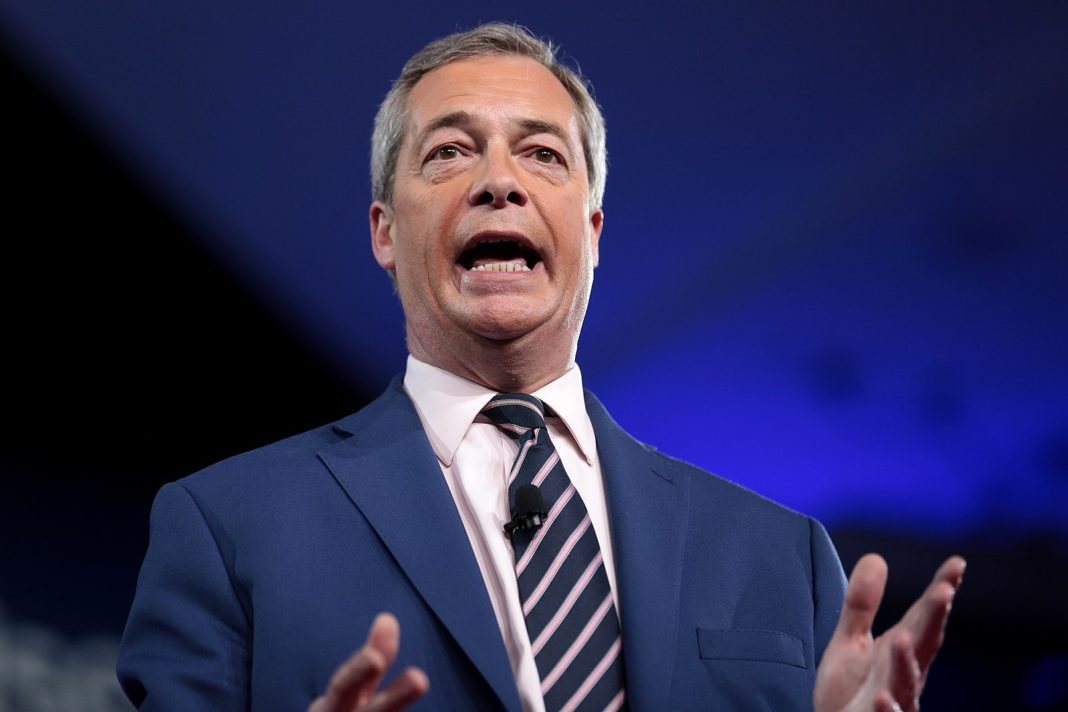We are living through history. As we saw in the 1980s and 2011, race riots have once again ambushed our high streets and our towns. Vulgar chants about ‘taking back our country’ and violent outbursts targeted at brown and black people have plagued the news.
In particular, the tragic murder of three girls in Southport by Axel Rudakubana, a Welsh native, was the trigger for many of the riots happening across the country. It is clear that these riots are being led by terrorists who have been blinded in rage over false information and their Islamophobia and racism. When false information regarding this tragic crime was first reported, which claimed that he was an asylum seeker, the news spread like wildfire, creating lots of the havoc we see today. It is also showing what we have known all along: despite the UK’s strong emphasis on being a polite and tolerant nation, the racist underbelly of the country has not disappeared and deep-seated issues regarding racism still remain. However, there is a key element being missed from the discussion.
This is not just about race. It is class warfare that has been stoked by right-wing politicians for over a decade. Right-wing politicians have a large part to play in creating a safe space for xenophobic feelings to manifest. Furthermore, current jokes about ‘little Englanders’, their lack of GCSEs and their inability to get a job do not help the situation or get to the bottom of it, but rather stoke frustrations that have been rising for years. The fact that working-class people are finding it hard to get a job compared to well-accomplished immigrants isn’t the funny take it has been seen as over the last few days.
The role of right-wing politicians in creating an environment that makes this behaviour seem acceptable boils down to three areas: blaming, validating and justification.The anger that has come from working-class people is warranted, rightfully so. We have seen record levels of rising poverty for the UK in the last few years, compounded by a cost of living crisis that has ravaged the poorest communities, and a property ladder so inaccessible to the working class that even the aspiration of owning a home has become privileged thinking. However, the response from right-wing politicians has been to blame the nation’s woes on immigrants.
After they have placed the blame on immigrants, politicians continue to validate the anger at immigrants by pandering to anti-immigrant rhetoric in their speeches. Richard Tice and Nigel Farage, leaders of the Reform Party, are prime examples of politicians who continuously encourage hatred for immigrants under the false premise of nationalism. Immigration hate in the name of nationalism in a nation which was built off immigration, and is still dependent on it, is an ironic tale.
When these feelings of hatred and intolerance towards immigrants have been validated by politicians and the right-wing politicians are in opposition, they can then justify the displays of hatred over the last few days, blaming the new Labour government for a lack of action on immigration policy, instead of facing the problem of racism.
This behaviour is reflective of the relationship between right-wing politicians and white working-class people. Politicians and their friends get rich off the misfortune of working-class people. These same politicians then blame the working class misfortune on immigrants, riling up their frustrations and anger. This leads to a vicious cycle where they ‘both reach for the gun’ – a verbal and now physical attack of hatred against people of colour.
However, the root of the problem lies in the underfunding of poorer parts of the country. White working-class men have long been relegated to the role of a ‘gotcha’ statistic in political debates, not real people. People who I grew up with in my hometown of Rochdale are facing a cycle of poverty that racists using them for political point-scoring have never tried to make better.
Unlike the immigrant experience I had as a child, characterised by a narrative of upward mobility despite initial hardships, there exists a disdain for education in white working-class communities, cultivated by lived experiences and hardships that have gone unfixed for too long. Their plight is highlighted in racist rhetoric and arguments, without any substantive efforts to improve it. This neglect has fueled their resentment and contributed to the societal tensions we witness today.
The harmful nature of class-based jokes about working-class rioters is endemic to the country’s classist roots. To fight racism with classism is not a move that helps advance the principles of equality and fairness. Furthermore, people who make these jokes do not seem to grasp the consequences of what they say. These comments imply that immigrants without GCSEs or other formal qualifications also don’t deserve jobs and decent lives, a notion that is both unjust and inhumane.
Such rhetoric fuels arguments against the very type of migration that is arguably most important – namely, asylum seekers, who are often impoverished and lack formal qualifications due to the dire circumstances from which they are fleeing. These ‘jokes’ inadvertently perpetuate the model minority myth, creating an intolerant space for immigrants who don’t fit the high achieving expectations.
In the end, the recent riots are symptomatic of deeper, more complex societal issues than mere xenophobia. They reveal the dangerous intersection of class struggle and xenophobic rhetoric, stoked by right-wing politicians who deflect responsibility for systemic failures onto immigrants. This narrative has created a breeding ground for hatred, allowing racism to fester. By ignoring the educational neglect and economic disenfranchisement of the white working class and instead mocking them, society has left this group feeling marginalised and resentful, a frustration that is easily manipulated by those who yearn for power.


